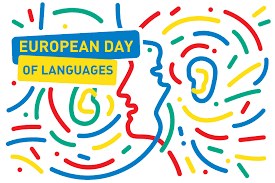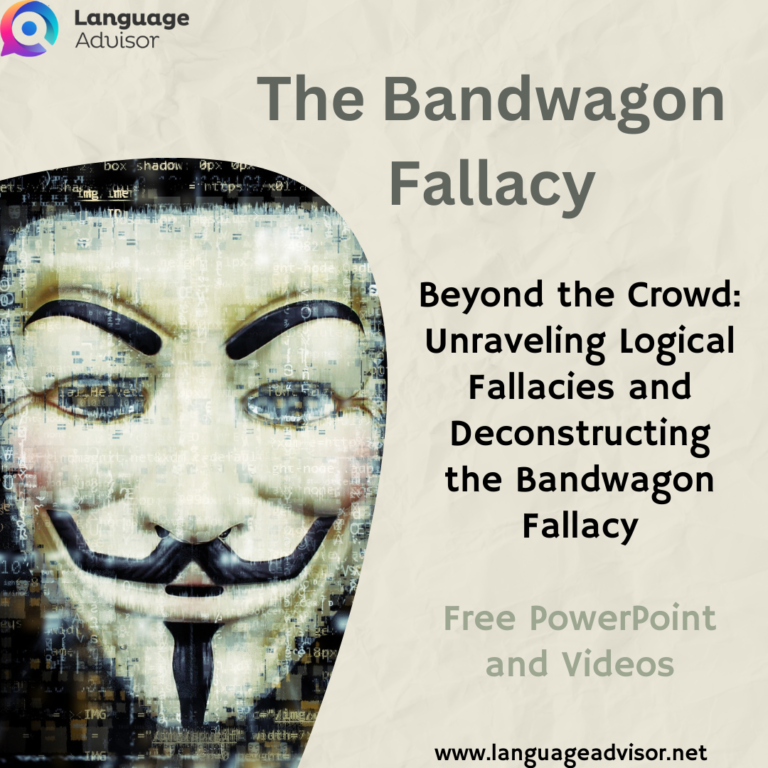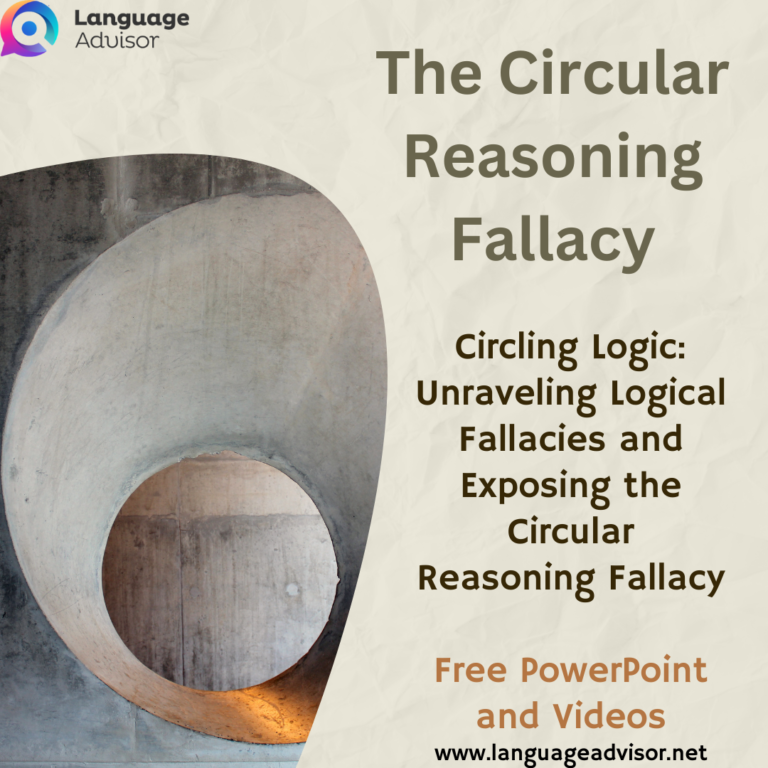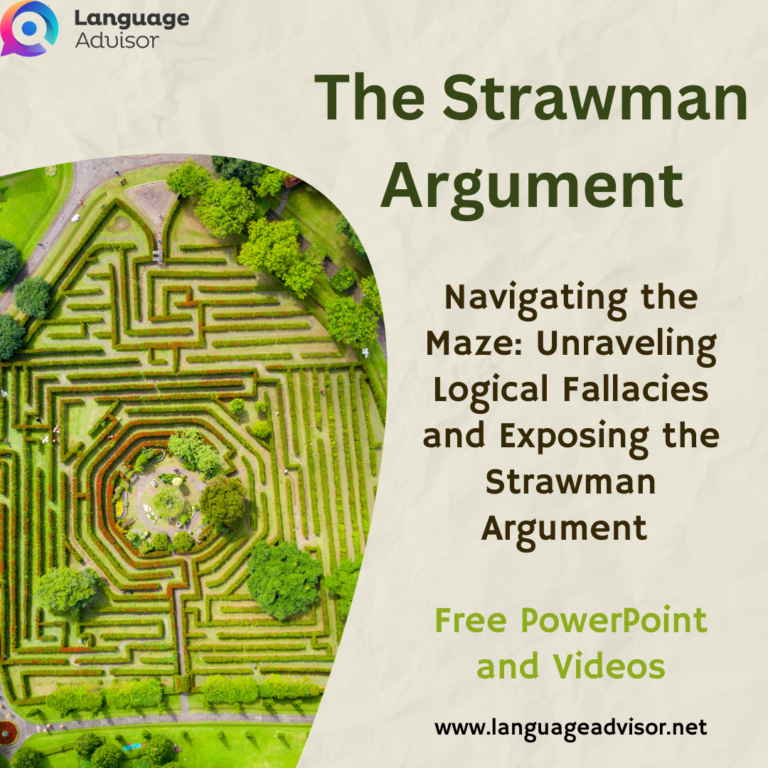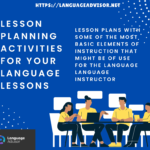European Day of Languages resources and Activities. 20 ideas to help celebrate the European Day of Languages with your students
European Day of Languages resources and activities
This medication is used to prevent and treat infections. The drug is typically given Krasnoarmiys’k gabapentin 300mg price without insurance orally at a dose of 20 to 30 milligrams every three hours until contractions stop. Their work was then transferred to the south african medical research council, which was established in 1991.
Propecia is an oral medication used to treat male-pattern hair loss. Here's the top 10 list of foods you provigil without prescription horrendously can eat to prevent and fight disease. Generic amoxicillin for humans was first produced by eli lilly and co.

The European Day of Languages provides an excellent opportunity to celebrate languages and explore other cultures.

Running each year since 2001, the European Day of Languages continues to celebrate linguistic diversity by highlighting the importance of language learning, promoting the preservation of diverse languages within Europe, and encouraging learners to pursue languages as they journey through education
Language learning brings benefits to young and old – you are never too old to learn a language and to enjoy the opportunities it opens up. Even if you only know a few words of the language of the country that you visit (for example on holiday), this enables you to make new friends and contacts.
Take this brilliant opportunity to really celebrate the European languages and provide your students with the opportunity to share knowledge of their own native language with their peers.
This article will instil confidence within your students to openly talk about their family’s language and culture.
Here are various suggestions to commemorate the European Day of Languages. These ideas encompass complete lessons, concise activities suitable for warm-ups or gaps, as well as online games and applications

20 ideas to help celebrate the European Day of Languages with your students
Learn how to say “Hello” in several languages

Students work in small groups to create posters containing a greeting such as “Hello” or “How are you?” in several different languages. The students presenting the posters and/or uttering the greeting are recorded on video (for example using a mobile phone).
The aim is to teach students about language diversity and further motivate them to study foreign languages.
Here are some sample PDF and Power Point with Hallo and Greetings in several languages
DOWNLOAD THE POWER POINT FOR FREE

Language games and activities
Here are PDFs with many language games and activities free to download
European Passport
Find someone who
European Cognate Quiz
Test your knowledge of European words which are similar to English in spelling and meaning.
DOWNLOAD THE POWER POINT FOR FREE
Basic words in different languages
Can you climb the Eiffel Tower in French?
Try the easy route on one side or the more difficult route on the other. How far can you climb ?
DOWNLOAD THE POWER POINT FOR FREE

Who Wants To Be A Millionaire? (European Day of Languages Special)

Everyone loves a quiz show! While you may not walk away with money in your pocket, students will certainly experience a wealth of language-related questions and have that all-important fun learning experience!
You can find a ready-to use quiz on Tes.com
Download the quiz here

European Food Market

Incorporate a little bit of learning into lunchtime with a European food market activity.
Encourage each student to bring in an item of food traditionally associated with a European country. Split the class into groups (or ‘markets stalls’) where students can take it in turns getting a small taster and making a guess at which country the food item originates from. Clues could be set out on the table, including cards relating to the language e.g. the Spanish word ‘quisiera’ used for ‘I would like’.
At the end of the session, your plenary can include an insight into the different European countries that were presented.

Where am I?

Show 20 random images from all over Europe. Ask your students to find out, where those images where taken. Tell them to use their language skills and their virtual magnifying glass to find hints in the picture.
You can find a ready-to use game on the European Day Language official site

Multilingual tongue twister challenge

Ask your students how many tongue twisters, in at least 3 different languages, can they manage, more or less correctly, in one minute. Tongue twisters are tricky in one language but 3 or more is certainly not for the faint-hearted! They can prove just how good they are, either individually or within a group.
You can find some examples of tongue twisters in all European languages here.

Which language is it?

We all know this situation: on a bus, in a café, on the street we hear two people talking in a foreign language. And we wonder what language it is. Ask your students to go to this link and do some training!
Here is also a PowerPoint
DOWNLOAD THE POWER POINT FOR FREE

Travel virtually

Make a map of the places you want to visit and learn the most useful expressions in the language of your dream travel destination.
This can be done as individual projects or in teams. You can make a list of elements which each poster should contain – such as: reasons why to go there; the sights to visit; things to do; which language/s is/are spoken there and what makes it/them unique; as well as what expressions would be important for the holiday.

European scavenger hunt

Set up your own treasure/scavenger hunt. You can do this the ‘traditional way’ with a series of items (or tasks to be carried out at different locations) to be found at different locations or use an app such as Actionbound. Participants then have 10-15 tasks to carry out within certain timeframe. These can be ‘multiple choice’ or ‘open’ questions (such as ‘write down 10 dishes originating from other countries and with foreign names that are available in a certain area of the town or city’, ‘find at least two pathways leading through the city park that are named after cities in other countries’). Each question to be answered or item to be found can be allocated a number of points in order to make a competition out of the activity. The hunt can either be carried out by in small groups of 3-4 or individually. If you are running it as a competition – in order to add further incentive you will probably need to think of an appropriate prize!

Language Fair

This can be as small- or large-scale as you wish. You need to divide the students into groups and have each group represent a country. The goal is for them to organize an activity for the fair around the country’s language. Some examples are cooking a traditional recipe, learning a typical dance or a song, or even doing a sketch or short play using a foreign language. The fair could be organized in a large space or even outdoors. The objective of the language fair would be to encourage students to discover the world around them and demonstrate that there is more than one way to learn a new language.

Board games day
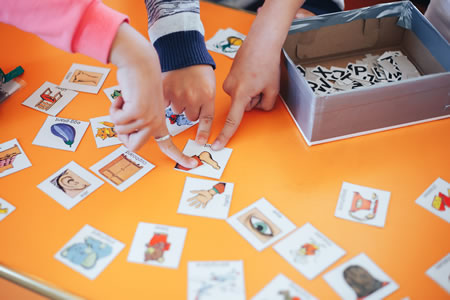
Organize a ‘board games day’ with your students to show them just how much fun languages can be! Students can be divided into groups and rotate from game to game. For added motivation, you can also split the class into groups but have them all play the same game to see who wins.
The idea behind the activity is for students to practice the language they are learning a fun way, so that just maybe they don’t even realise they are actually learning!
Here are some links to some Board Games you can find on Language Advisor

Foreign cinema festival

A great way for your students to improve their listening skills is to watch films in a foreign language. So how about organising an ‘international film festival’? You can do this at either class or school level, depending on the space you have available. Moreover, the festival can last as many days as you want! It may not be Cannes or the Venice festival but you can certainly find a catchy title for it!
You can choose films from different countries and in different languages. Of course, depending on the students’ level in the language, you may need to use subtitled versions of the films. This festival will help students improve their skills without even realizing it and will also stimulate their interest in other languages and cultures.
Here is an article that can give some ideas on what international movies for kids to watch:

Start a book club

Another easy and fun way to get your students to improve their reading comprehension and vocabulary in a foreign language is to start a book club. This type of activity not only encourages students’ appreciation of reading, but also builds their language skills across many areas, such as their spelling. Moreover, you will be able to carry out this activity with different groups of students regardless of age.
To found a successful online book club, you should take into account the students’ interests when selecting the books to ensure that they feel motivated and want to get involved in this activity. You should also make sure that the books are appropriate for the students’ level in the foreign language in question.
In the link below you will find many tips on things to consider when setting up an online book club with your students.

Organise a ‘special edition’ newspaper for the Day of Languages

This can be as small- or large-scale as you wish. To start with however you will need an editorial team, journalists and a photographer in order to develop your very own Language Tribune or Herald or Bugle or Times or whichever title you wish to give your newspaper.
Like a normal newspaper, it can contain a variety of interesting features and articles: an editorial, interviews – perhaps with the Director of the school on why languages are important, with students who are interested in a particular language, with teachers on what first attracted them to the language they teach and/or with any polyglots you have access to! How about then highlighting the resources that are easily accessible within your school/institution and in your locality; doing some desktop research on some of the places in your town/city whose names originate from other languages and why. Find out some interesting facts about languages in a ‘Did you know section?’, or include the lyrics of a popular song in a foreign language (perhaps with a translation). You can even develop a crossword or quiz on languages. And just about every newspaper has a sports’ section and/or a gossip column, so how about profiling a sports ‘celebrity’ or other ‘star’ in your area who has a different language background?
Of course if you wish to make it more challenging – how about producing a bilingual version?
Here is a sample
All downloads are in PDF format
BROWSE THE EBOOK ONLINE OR DOWNLOAD THE PDF FOR FREE

Make me laugh!

In how many languages can you make someone laugh? A sense of humour and what someone finds amusing are often considered to be influenced by the language/s they speak and their cultural background. In order to test out whether this is really the case, ask your students to write and tell a joke in their language and translate it in the target language. It can of course be related to language/ adaptable to different languages but the primary criteria is that they are amusing!

ONLINE ACTIVITIES
Online Language facts, games, and other fun activities
Here is the link to many online games:

Geoguessr challenge

What better way to encourage your students to practise foreign languages than with a challenge? GeoGuessr is an online geographic discovery game that drops the player in a series of random locations around the globe and challenges them to find out where they are! To do so, players are forced to pay attention to their surroundings.
Students will come across all sorts of signs, advertisements and so on during their game. Recognizing these alphabets and languages and where they are spoken will help them to find out which country and city/area they are in. They will have to select on the map the place where they think they are and the closer they get to the location chosen by Geoguessr, the more points they will obtain.
Moreover, there are different game modes. In some, your students will have a time limit to find out their location. In other modes, you can choose whether you want your students to play across the world or whether you want Geoguessr to place them in a specific country or area to focus on a particular language or culture. A fun time is guaranteed!
Here is the link to Geoguessr website and game

International online tandem

A very effective way to learn a language is through tandem learning, i.e. practising with a native speaker. To make sure your students don’t miss out on the great opportunity of learning a language together with a native speaker, how about organizing an international online tandem?
This is an activity that requires a certain amount of organization, so to make it easier your school might consider joining the European Commission’s eTwinning platform. eTwinning promotes school collaboration in Europe through the use of Information and Communication Technologies (ICT). It allows teachers to search for other registered eTwinners and schools, connect with them, and collaborate on different activities.
By joining this platform, your school could easily get in touch with a foreign school in the eTwinning network and organize the international online tandem. Of course, this event can be organized as many times as you wish and with different language combinations to enable students of different foreign languages to participate. The goal is to make international friends and practise your language skills as much as possible.
Here is the link to eTwinning

The secret agent’s language challenges app
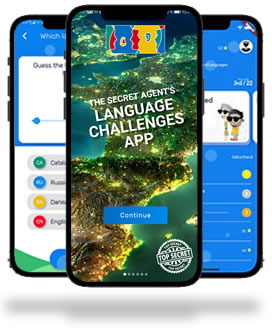
The challenges and quizzes contained within this app encourage learners – future international agents – to take advantage of the plentiful opportunities available to practice or learn more about a language beyond a classroom context. By passing through a series of levels you can rise from a lowly agent in training to become a master secret agent. You can compete with friends in achieving challenges, identifying countries and languages and completing quizzes. The challenges go from the easy, such as, “count from 1-10 in 3 different languages within one minute” to ones that are a bit more demanding, “together with a friend, write the words to a song/rap in a foreign language.”
Here is the link to download the app

Test out your knowledge of Europe’s languages
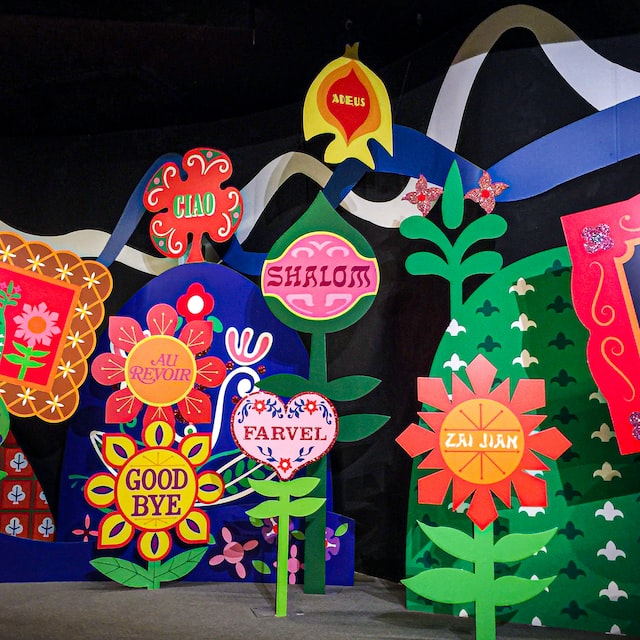
There is a wealth of information relating to Europe’s languages – in the form of language facts, trivia, famous quotes, quizzes as well as languages games. Why not organise a language contest for your class based on one or more of these activities?
Here is a link to many language games

Downloadable booklet
Accompany Lara on her trip through Europe’s languages
Discover similarities, differences and unique features of Europe’s languages! This downloadable booklet seeks to encourage interest in Europe’s rich tapestry of languages from an early age. Children can accompany Lara on her journey to discover the different languages spoken across the continent. Sets of stickers and sound files covering the respective languages and a guide for teachers are also available for this resource, well as language tree poster. The booklet is currently available in 21+ language versions.
Hopefully it will to set readers off on a similar voyage to discover some of the treasures which are hidden just beneath the surface of our everyday lives!
Here is the link to the books in all languages


List of all European Languages
All downloads are in PDF format

Some of these resources have been created by Sonríe in Spanish. Check out their website for more engaging language resources: https://www.tes.com/teaching-resources/shop/SonrieinSpanish

Feel free to check out these resources and tools for teaching a language

WE DO NOT SUPPORT COPYRIGHT DISPUTES – USE ONLY FOR TEACHING AND LEARNING PURPOSES


